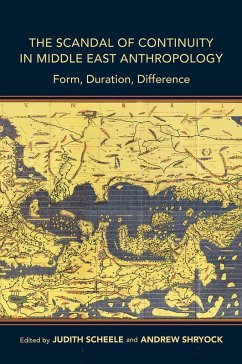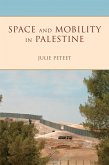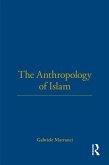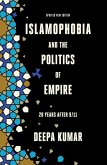"An exciting and intellectually fluent work that avoids most of the clichés of contemporary anthropological thought." -Gregory Starrett, coeditor of Teaching Islam: Textbooks and Religion in the Middle East Despite a rich history of ethnographic research in Middle Eastern societies, the region is frequently portrayed as marginal to anthropology. The contributors to this volume reject this view and show how the Middle East is in fact vital to the discipline and how Middle Eastern anthropologists have developed theoretical and methodological tools that address and challenge the region's political, ethical, and intellectual concerns. The contributors are students of Paul Dresch, an anthropologist known for his incisive work on Yemeni tribalism and customary law. As they expand upon his ideas and insights, these essays ask questions that have long preoccupied anthropologists, such as how do place, point of view, and style combine to create viable bodies of knowledge; how is scholarship shaped by the historical context in which it is located; and why have duration and form become so problematic in the study of Middle Eastern societies? Special attention is given to understanding local terms, contested knowledge claims, what remains unseen and unsaid in social life, and to cultural patterns and practices that persist over long stretches of time, seeming to predate and outlast events. Ranging from Morocco to India, these essays offer critical but sensitive approaches to cultural difference and the distinctiveness of the anthropological project in the Middle East.
Dieser Download kann aus rechtlichen Gründen nur mit Rechnungsadresse in A, B, BG, CY, CZ, D, DK, EW, E, FIN, F, GR, HR, H, IRL, I, LT, L, LR, M, NL, PL, P, R, S, SLO, SK ausgeliefert werden.









